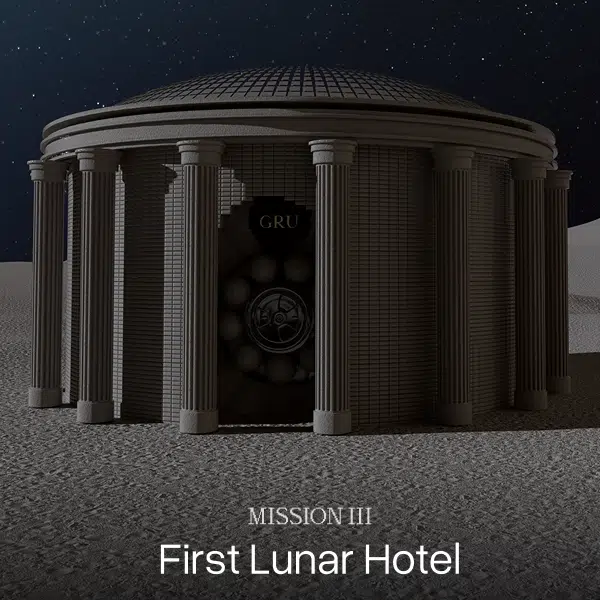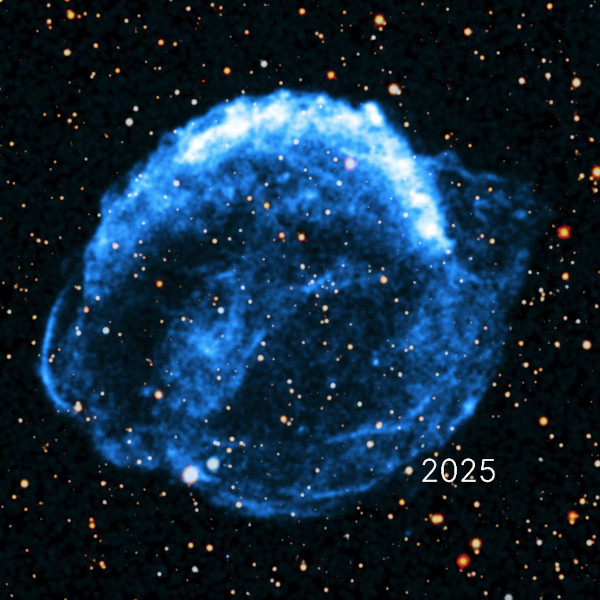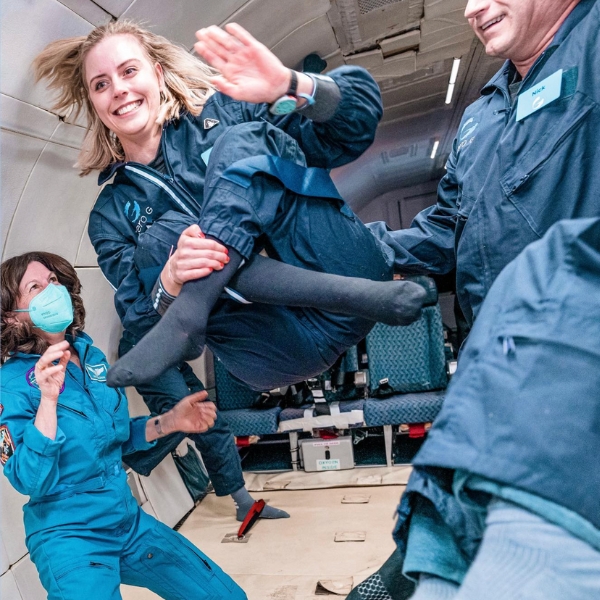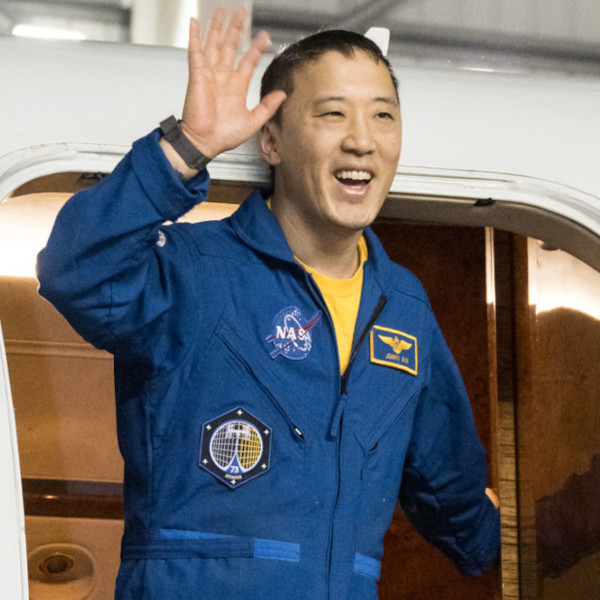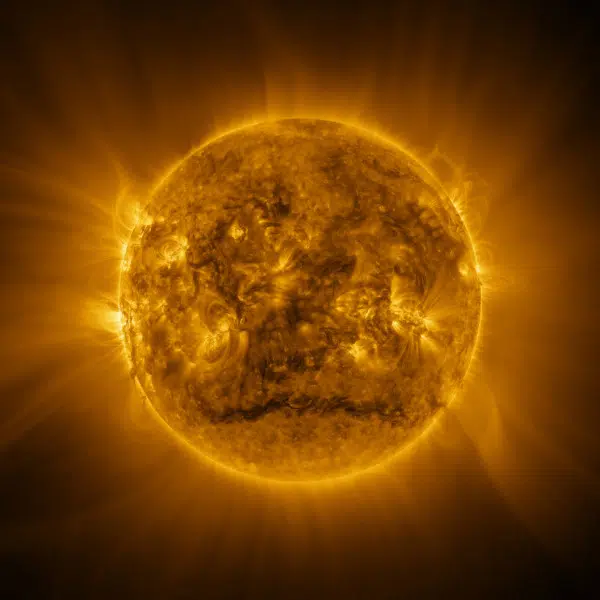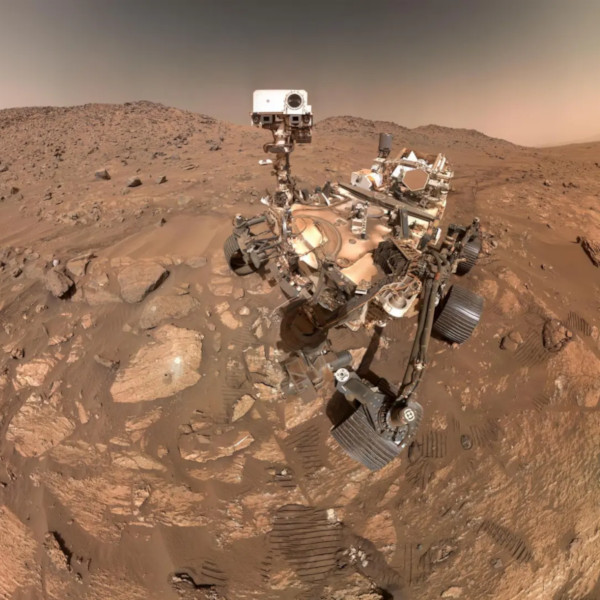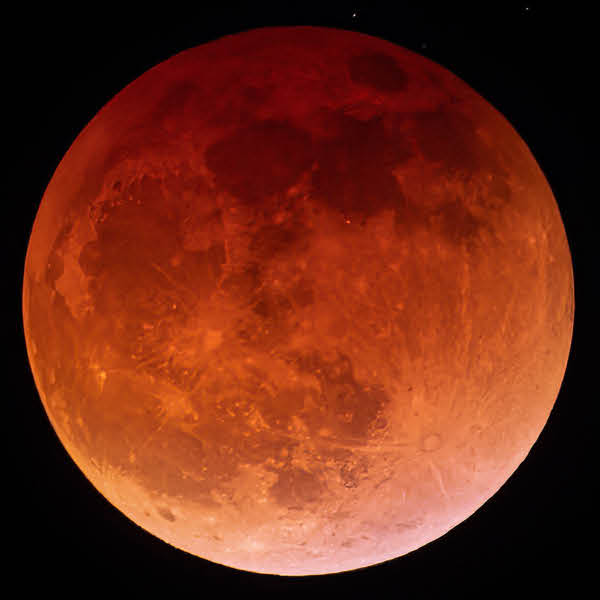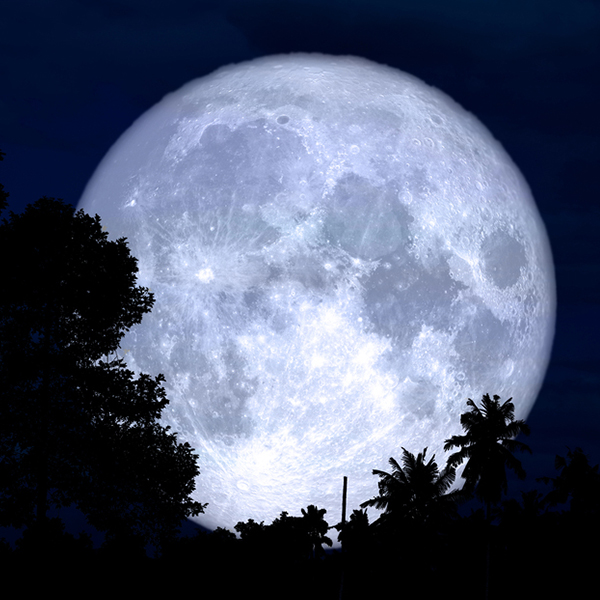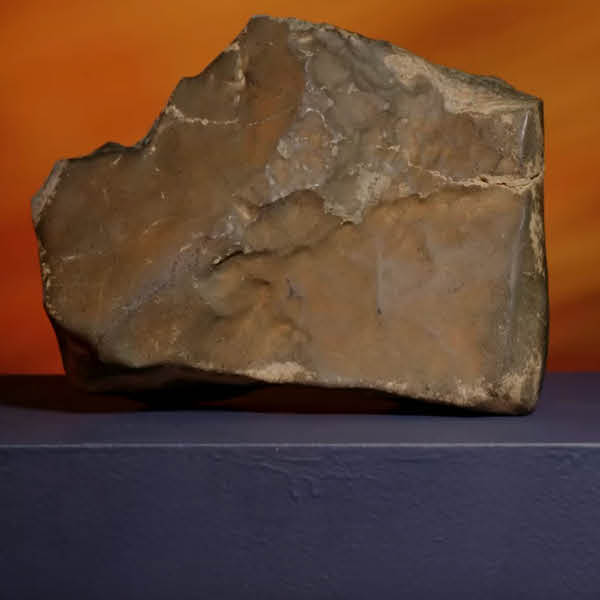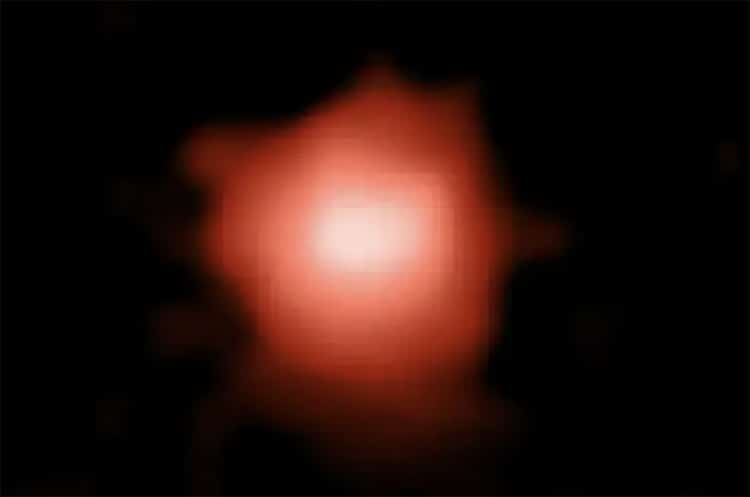
GLASS-z13, formed just 300 million years after the big bang, as observed by the James Webb Space Telescope. (Photo: Naidu et al, P. Oesch, T. Treu, GLASS-JWST, NASA/CSA/ESA/STScI)
NASA's James Webb Space Telescope (JWST) could be described as a reverse crystal ball. Instead of divining the future, the massive, multi-billion dollar successor to the famous Hubble Telescope allows scientists to peer into the ancient origins of the universe. JWST gives a clearer, deeper picture of our universe than ever before. Among the stunning sights it has documented and sent to Earth is an image of the oldest galaxy ever observed, now known as GLASS-z13.
Because of how long light takes to travel through the incredible vastness of space, the JWST captures images of light emitted billions of years ago which is only just now reaching the JWST. The sources of the light are rapidly moving away as the universe expands. In this way, the telescope literally peers back in time to the origins of the universe. On board is a NIRCam instrument, essentially an extremely high-tech infrared camera. This camera has been responsible for many of the stunning recent images released by NASA.
Caught on camera is what appears to be a red, amorphous star. However, this blob of light is in fact a galaxy named GLASS-z13 which formed 300 million years after the Big Bang. This places its formation over 13.5 billion years ago. The newly discovered galaxy is much smaller than ours: only 1,600 light-years compared to our 100,000 light-years across. This celestial discovery is 100 million years older than the previously oldest known galaxy GN-Z11. The latter was discovered by Hubble in 2016.
The team from Harvard and Smithsonian Center of Astrophysics in Massachusetts also identified another ancient galaxy comparable in age to GN-z11. The new one is called GLASS-z11. “We found two very compelling candidates for extremely distant galaxies,” Rohan Naidu, one of the researchers, told New Scientist. “If these galaxies are at the distance we think they are, the universe is only a few hundred million years old at that point.” The scientists added that they were surprised how quickly JWST was able to discover such ancient, far away galaxies. Certainly, many further universe-expanding discoveries await.
NASA's James Webb Space Telescope has documented the oldest known galaxy, GLASS-z13, formed 300 million years after the big bang.
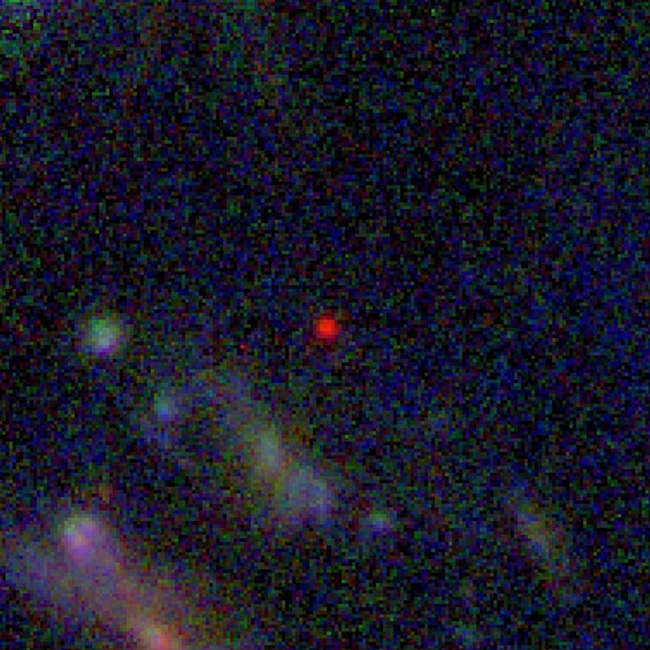
GLASS-z13 appears as a red dot in this NIRCam color composite. (Photo: NASA/STScI/GLASS-JWST program: R. Naidu, G. Brammer, T. Treu)
Related Articles:
Scientists Detect Shocking Radio Signals From Billions of Light-Years Away
New Poll Finds Most Americans Support NASA’s $10B Investment in James Webb Space Telescope
James Webb Space Telescope Just Proved it Can Find Signs of Life on Other Planets











































































